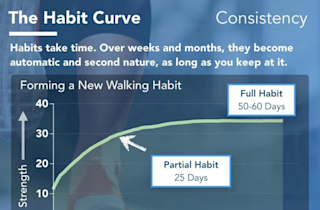
The Science of Habit & Why Change is Possible
Jul 2, 2022
By Will Moore
What is a Habit?
A habit is anything you do automatically.
If you’re a nerd about words like I am, you can have a lot of fun finding more detailed explanations on the internet. Since we’re talking about habits, one of mine is to Google words and find their official definition. The screenshot below is what comes up for me when I search for the definition of habit.
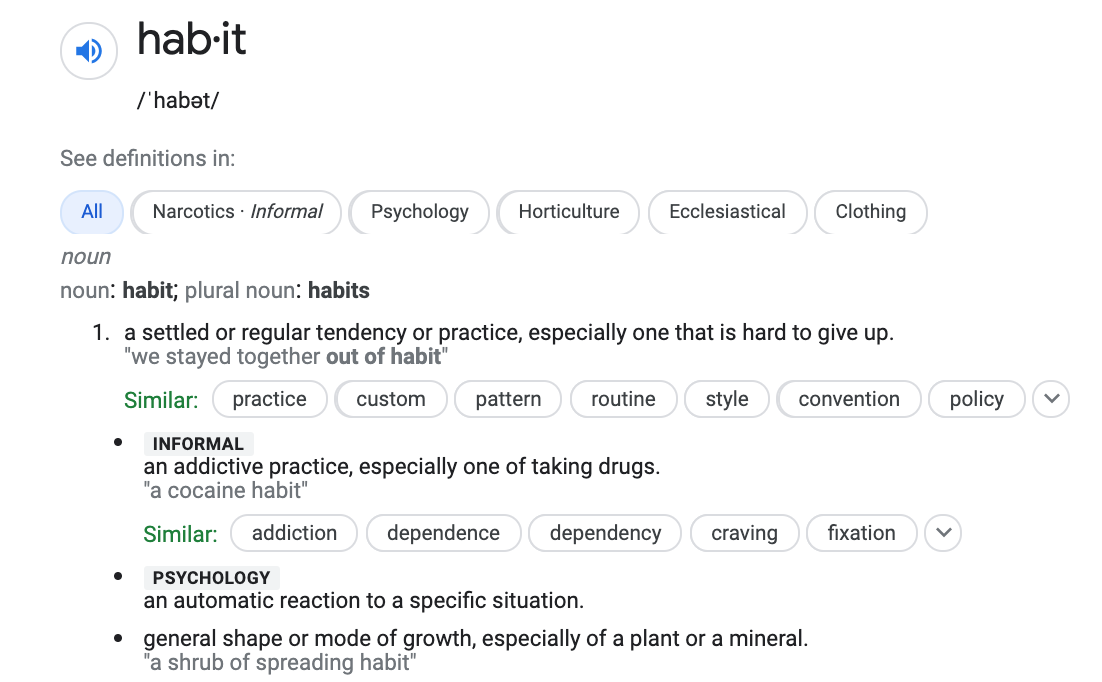
Have you ever been driving somewhere new, missed your turn, and just kept going? Your brain has already formed the routine of making a particular turn and attempted to conserve energy by taking the path of least resistance. It's a habit, and it happens to all of us.
A habit is any behaviour you’ve repeated enough to become something you rarely even think about. And each time you do it, the connections between neurons strengthen, and the routine impresses itself deeper on your brain. This is known as “Hebb’s Law” which states, “Neurons that fire together, wire together.”
So as you repeat an action over and over, your brain changes. It’s science. (If you want to go even deeper on the neurological science of habit formation, this study by MIT is pretty interesting.)
And while we’re on the subject of the brain and behaviour, it’s essential to understand that multitasking is a myth. Since the brain can only pay attention to one thing at a time, a habit essentially delegates repetitive tasks to the non-conscious (autopilot) part of our brains to conserve energy and free up our attention for other tasks.
Why Do Habits Form? How Long Does It Take to Create a Habit?
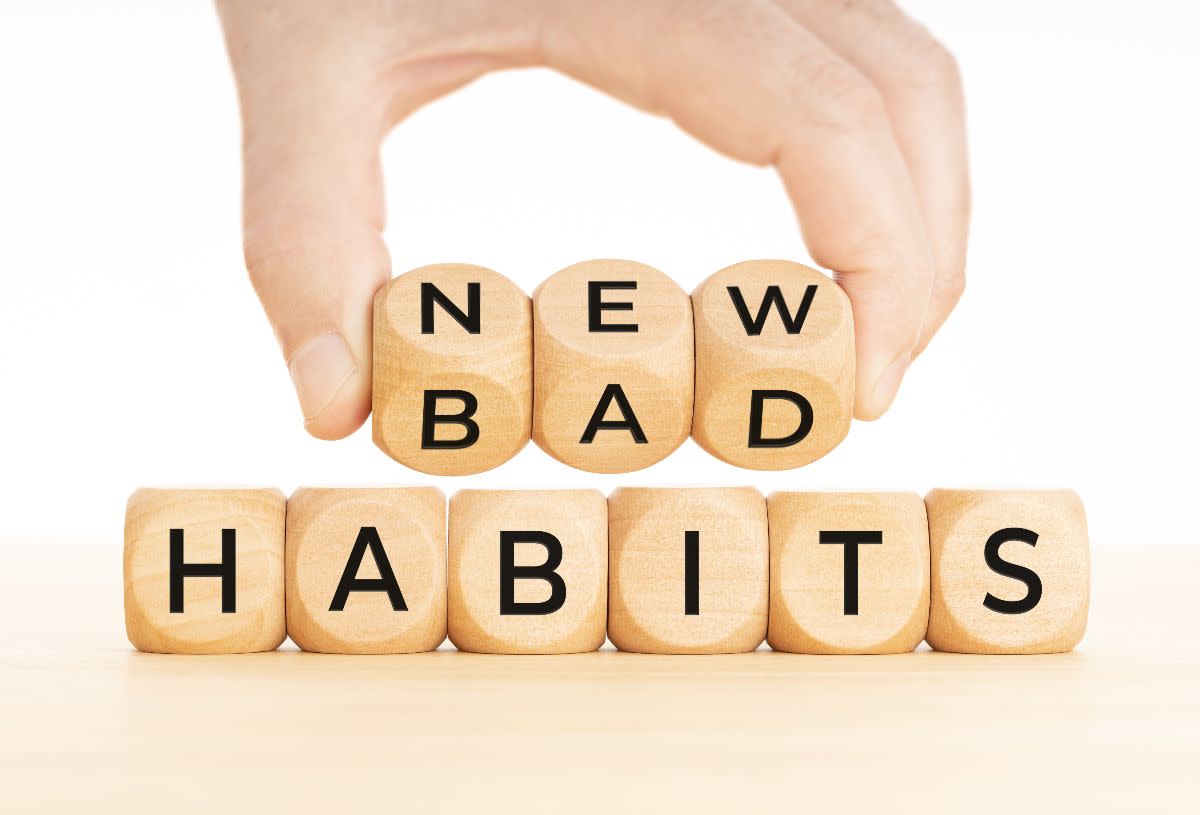
Plenty of experts want to tell you exactly how long it takes to form a habit, but everyone is different, and there’s no magic number. One study will tell you that habits form in a matter of days, while others can take weeks and months. The time it takes to form a habit correlates directly to the complexity of the behaviour and how important the behaviour, outcome, and issue are to you.
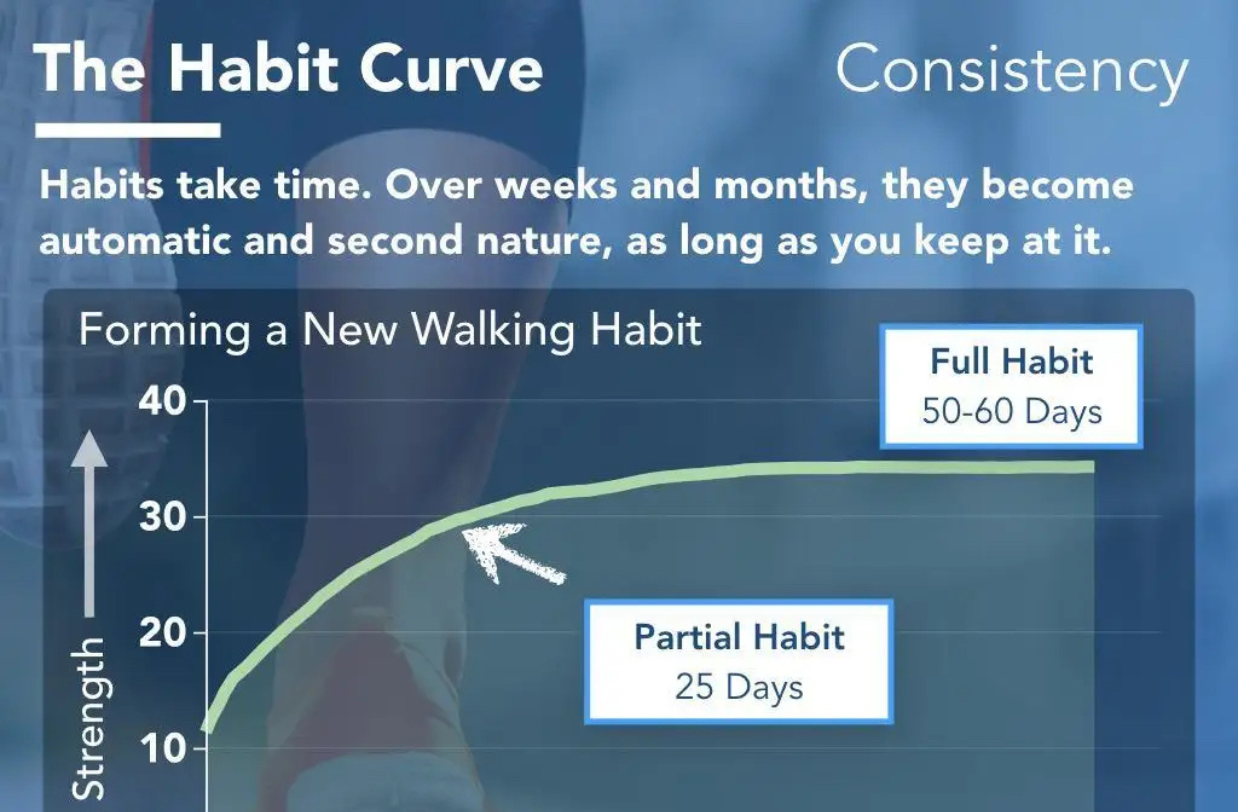
It’s not about how long a habit takes to form but how many times you repeat the underlying action and how critical that action is to your life. Every time you do something repetitively, you activate a specific neural circuit in the brain associated with that habit, making it easier to do next time.
What Makes a Habit Good or Bad?
That depends, of course.
Habits in and of themselves are neither good nor bad. They just are.
And yet, there’s no denying that certain habits take us down a path that we either did or didn’t want to end up on.
Like a curmudgeonly grandparent, the older habits are, the harder they are to change. They don’t care if they’re good or bad, helping or hurting us - either way, they’ll do their own thing over time. With each repetition, our brains form deep grooves that become more and more difficult (but not impossible) to undo.
Scientists debate how many habits are on autopilot, ranging from 40-95%, but one thing is sure: habits play a significant role in our lives. They drive the majority of our thoughts, feelings, and actions, especially when you factor in how much they influence our subconscious decisions.
For this reason, we may reach a point in a particular area of our lives when we realize that we have created bad habits that need to be broken. What makes habits good or bad all depends on where we end up, and where those behaviours take us.
In other words, do you like where you’re at in every area of your life? If so, that means that you’ve got some great habits working for you. If not, it sounds like you need to replace some bad habits with good ones.
Ultimately, habits determine how much momentum you can build in a particular direction, and the direction you take in life determines how happy you’ll be. So if you want to be happy, you’ll need to replace your failure habits with success habits.
What It Takes to Break a Bad Habit
You’re going to have to do something different.
Sounds simple, right? Well, in a way it is. If you don’t like where you’re at, failure habits got you there. So you’ll need to replace them with success habits.
Before we talk about failure and success habits, let’s take stock of what breaking bad habits is going to cost you.
I won’t try to fool you - it takes work. Hard work. But hard work doesn’t have to mean pain and suffering.
The good news is that your brain is naturally excited at the prospect of challenge and problem-solving. That’s why we like video games. Breaking bad habits can be as fun and motivating as any game or challenge you enjoy.
But even when approaching a challenge the right way, there will be times when you’re frustrated or tired. So replacing old habits with new ones is going to require you to be uncomfortable in the short term. That’s what it costs initially - your comfort.
In the long-term, change brings happiness. And we would be a fool to put a price on happiness, am I right?
How Success Habits Shape Our Happiness
Habits are what we use to solve what we perceive as problems. As we encounter a new situation, our brain has to make a decision to solve the problem. When we find a solution, our brain rewards us, and as we encounter the same situation in the future, we remember the pleasure we experienced from that reward and repeat the solution (or behavior). Habits help us build mental shortcuts informed by experience.
Many habits are neutral, like waking up and turning the lights on. Some are good, like brushing our teeth and flossing (success habits). But many are also bad for us (failure habits) in that they wreak havoc on our momentum and happiness.
For example, when you’re anxious you may find that playing video games solves the problem, but so does going for a run. Both offer their own rewards and encourage you to perform that action again. Whichever path you take determines if you form a failure habit or success habit.
What is a Success Habit?
A successful habit, then, is any repeated behavior that benefits you in both the short and long term.
By taking a run, you force your body to move, take in more oxygen, step away from the screens, and think more clearly. You feel better afterward, and you’re also more equipped to manage additional stressors as they arise.
What is a Failure Habit?

A failure habit may solve your problem initially, but you’ll not be better able to handle newer and more difficult challenges.
Unfortunately, our default setting is to exert as little effort as possible, and failure habits, which are always looking for the low hanging fruit, love low-effort solutions. Back in paleolithic days, it was advantageous to take the path of least resistance because it meant we’d have more energy for basic survival skills like hunting, gathering, and fleeing predators.
But in today’s tech-fueled-insta-world, our happiness is hijacked by the ever-increasing supply of low hanging fruit, our ability to get anything we want at the click of a button, and endless opportunities to take shortcuts.
Failure habits lead to unhealthy addictions. These addictions can involve drugs and alcohol, but many of them simply help us avoid life’s biggest problems through eating, retreating from healthy relationships, over work, and more.
If you decide to play video games in response to stress, you’ll have lowered your stress in the short-term, but you’re no better off in life. You gave your body entertainment and a dopamine rush - nothing more.
Don’t get me wrong - I love a good video game, and entertainment in moderation is actually a necessary thing. But what we’re talking about here are habits. And if your habit is to deal with pressure by going to a video game, then it’s highly unlikely that you’re where you want to be in life.
The Heart of Happiness - Integrity & Discipline
“Unless someone like you cares a whole awful lot, it’s not going to get better, it’s not.” - Dr Seuss
Our discipline and integrity, two key ingredients in that deep, soul-filling happiness we all seek, are eroding at breakneck speeds as we chase the ever easier-to-get dopamine hits. Instead of investing in our relationships, physical health, and emotional health, we’re becoming increasingly obsessed with money, power, and status.
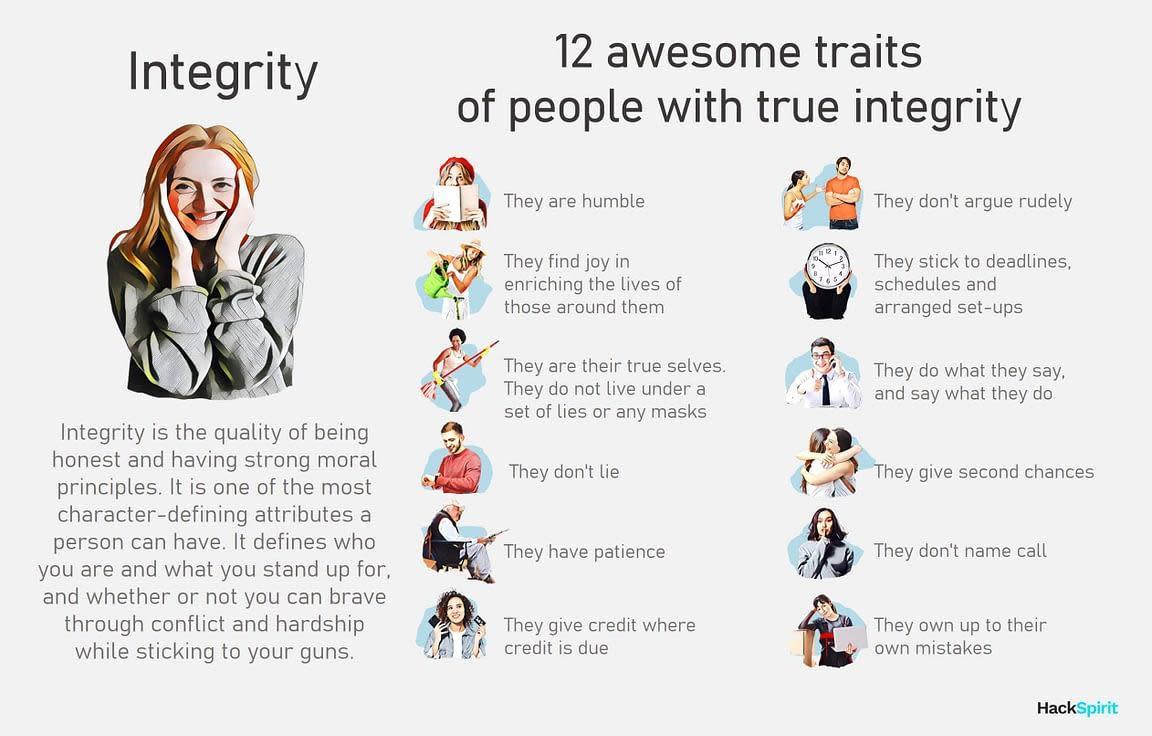
So what’s the solution?
The solution to failure habits is finding ways to nurture integrity and discipline in your life. Integrity means prioritizing the right thing over convenience. Just because one option is the lower-hanging fruit doesn’t mean it’s what’s right.
Discipline means you being in control of your decisions - not your urge for the next dopamine release. When you control you, replacing bad habits with success habits happens automatically.
How Can You Make Your Habits Work for You, Not Against You
The good news is that forming success habits is what I call a “front-loaded” process.
Remember, habits are choices we make consciously at first, but as time goes on, we carry them out without even having to think about them. This process works against us if we embrace failure habits, but can work for us if we nurture success habits.
1. Challenge Your Belief System.
At the heart of every habit is our belief system. Whether we realize it or not, these beliefs are what dictate the actions that ultimately form the habits in each of our five cores (which we will talk about in a moment).
The broken system we grew up in has distorted our beliefs, producing failure habits and causing negative momentum that leads to unhappiness.
To replace your bad habits with healthy habits, you’ll need to upgrade your existing operating system (belief system). And to do this, you’ll need to unlearn/reparent yourself to form a new identity.
2. Know What You Really Want Out of Life.
To be effective, your new system will need to connect with your “why.” It will need to tap into who you fundamentally are as a human being, and what it is you truly want out of life so that you want to take action. You may start a habit out of sheer willpower, but you’ll only stick to it when it becomes part of your identity.
“Improvements are only temporary until they become who you are.” - James Clear
Your new belief system should help you first know WHO you are, then WHAT you want, and finally, HOW to get it. It will help you shine a spotlight on where you currently stand, and what habits need to change (WHO), then show you what success habits to develop in their place based on universal principles (WHAT), and lastly give you a modern solution (HOW) to an old problem.
3. Unlearn the Bad Habits That Keep You From What You Want in Life.
As I explained above, separating your bad habits from your good ones is simple. Is X habit helping you get closer to what you want in life?
Carefully identify which habits need to be replaced and what you will replace those habits with moving forward.
4. Honor your whole person (5 Cores of Life).
As you identify your success habits, you’ll need to take your entire person into consideration. True happiness doesn’t just address one area of your life - it involves them all.
I define your whole person as the 5 Cores of Life.
Your mindset
Your career & finances
Your relationships
Your physical health
Your emotional health
In each key area of your life, you need to nurture success habits. The more you introduce integrity and discipline into each of your five cores, the faster you will experience success in life.
5. Seek guidance and accountability.
Growth is difficult to do on your own. As a life coach, I’ve seen a huge difference between people who tried to change in isolation versus those who got help from friends, family, and experts.
Working with someone can help you hold yourself accountable so that you experience success-habits-on-autopilot much sooner. Someone like a therapist or life coach can also show you where you might be doing the right thing the wrong way (just because it’s difficult doesn’t mean it’s the best solution).
Lastly, getting help from someone you trust shows you that you’re not alone. Success habits should always lead us closer to others, not farther away.
In Conclusion: Breaking Bad Habits is Possible.
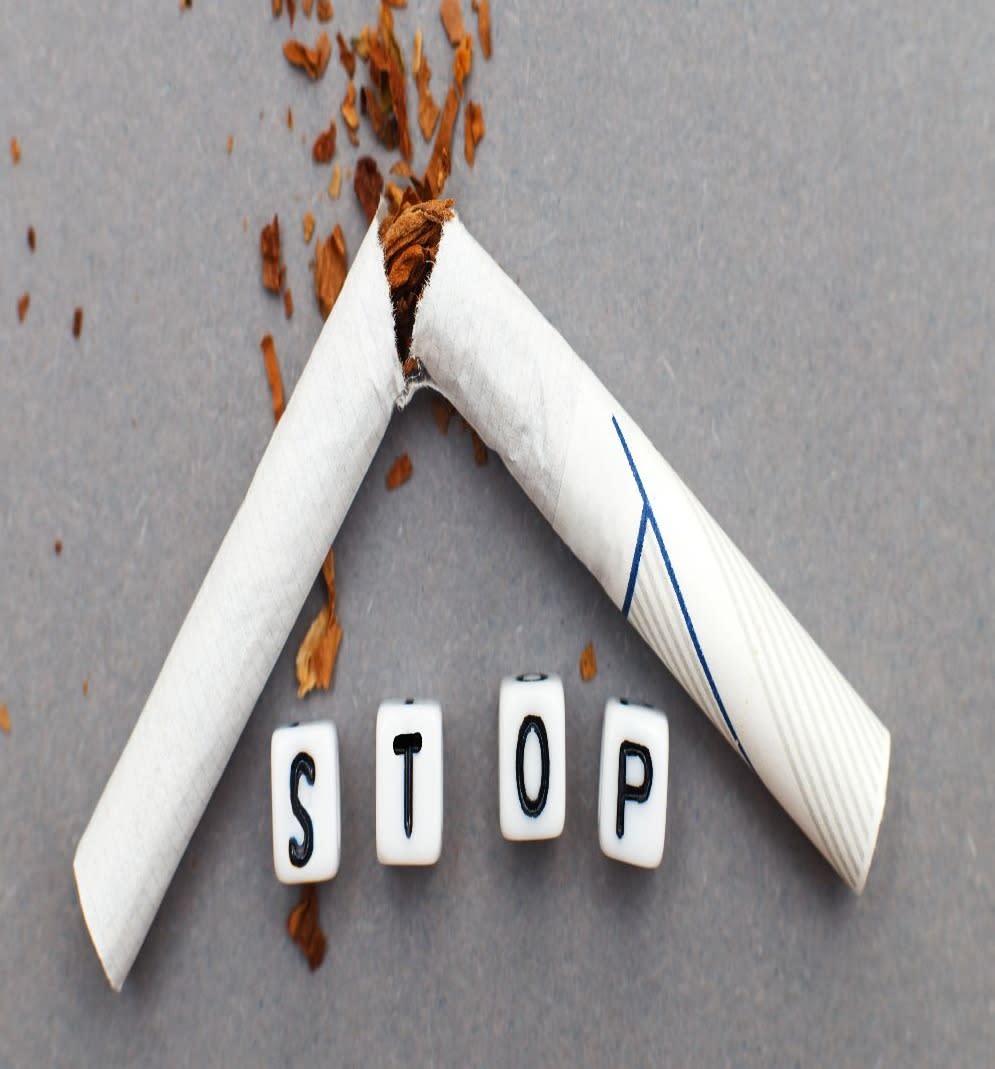
If at any point in your life you thought, “I’ll never change,” then you were wrong. Change is possible. You can break your bad habits, and you can start today.
